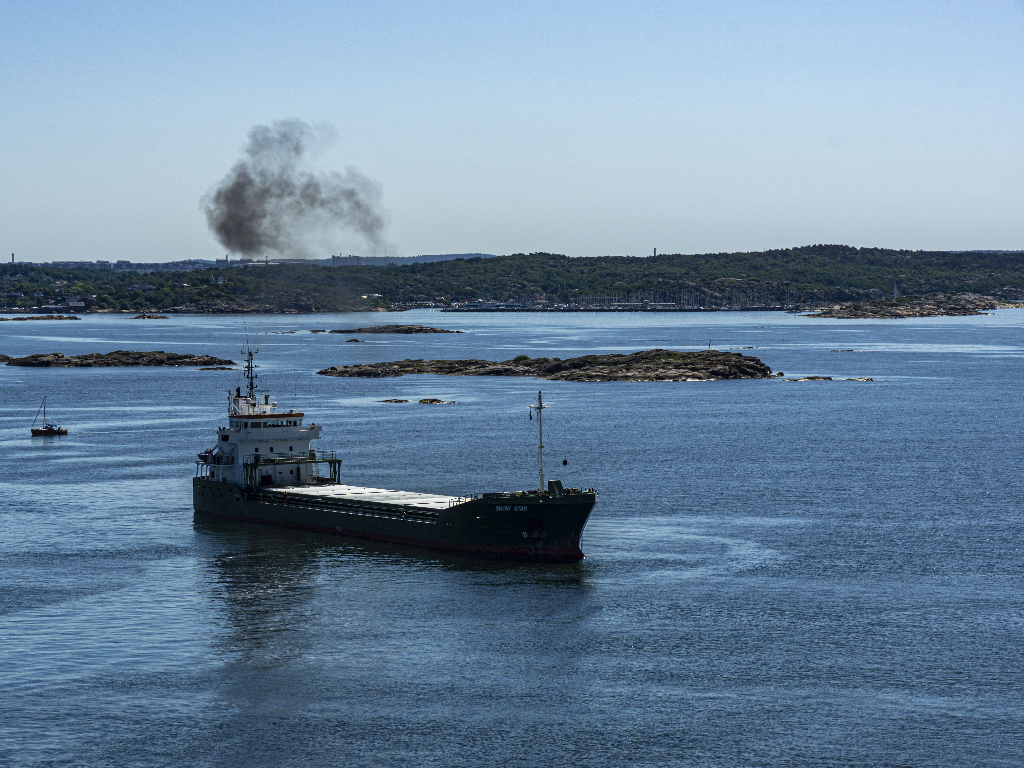The European Community Shipowners’ Associations (ECSA) is pleased the European Council supports the mandatory pass-through of Emission Trading System (ETS) costs to the commercial operator, which upholds “the polluter-pays principle”. Yet, the organisation also criticises that the revenues are not earmarked to bridge the price gap between new and conventional fuels.
Last week, EU Environment Ministers decided to revise the EU ETS, which will include shipping, as part of the “Fit for 55” package.
The Council’s position on the pass-through of the ETS costs follows up on the adoption of a similar position by the European Parliament earlier this month. The retention of the phase-in period and the gradual inclusion of emissions from shipping over a four-year period is also key to ensure a smooth transition for the sector, says ECSA.
Also read: ECSA pleased to see European Parliament supporting ETS Ocean Fund
‘ETS revenues should bridge price gap’
ECSA also welcomes the Council’s commitment to ensure special attention is given to shipping through specific calls under the ETS innovation fund. However, ECSA believes this commitment does not go far enough to support innovation and to bridge the substantial price gap with clean fuels. ECSA, therefore, calls for the earmarking of ETS revenues for the energy transition of the shipping sector, as proposed by the Parliament.
‘Although European shipowners would have preferred an international solution, we recognise that shipping should contribute its fair share to address the climate crisis at EU level as well,’ says Philippos Philis, ECSA’s President. ‘It is remarkable that both the Council and the Parliament support a similar position on the mandatory pass-through of the costs to the commercial operators, which has been one of the major points we have raised with the EU policy-makers. We need all hands on deck and a proper implementation of “the polluter-pays principle” for the energy transition of the sector.’
Also read: ICS: Shipping frustrated by IMO rejection of R&D Fund to catalyse decarbonisation
Sotiris Raptis, ECSA’s Secretary General, adds: ‘The text adopted is a good step towards achieving a climate ambitious and effective measure. It is encouraging that special attention is given to shipping under the innovation fund, but the Council position falls short of earmarking the revenues. Allocating the revenues to the sector is essential for bridging the price gap between clean and conventional fuels through, inter alia, the carbon contracts for difference. We encourage the Council to go one step further during the negotiations and come closer to the Parliament’s position. Eighty per cent of the current ETS revenues are used for the energy transition of other ETS sectors and we need to see the same happening in shipping. It’s a make-or-break moment for the decarbonisation of shipping and the competitiveness of the sector.’
Further negotiations to start shortly
The Council has also supported a proposal to address the issue of the ice-class vessels as well as special provisions for small islands and outermost regions. In this regard, European shipowners look forward to engaging with the Council and the Parliament to reach an adequate solution.
Following the adoption of the Council’s position, negotiations between the Parliament and the Council will start shortly in view of finding an agreement on the final text.
Also read: European shipowners and fuel suppliers: FuelEU Maritime lacks ambition








